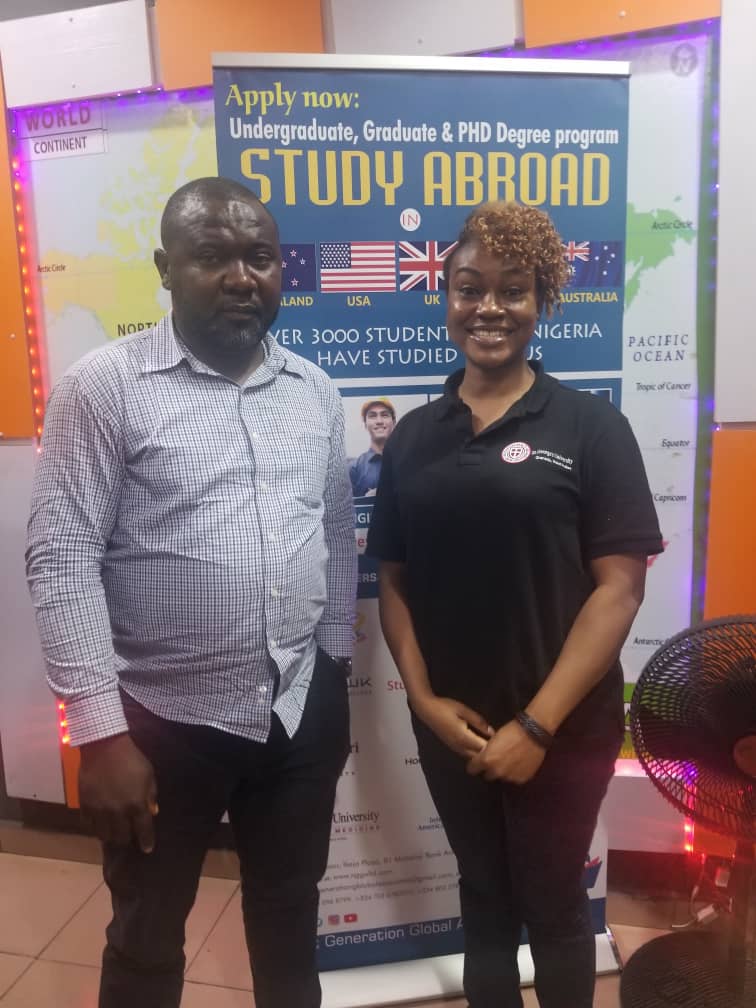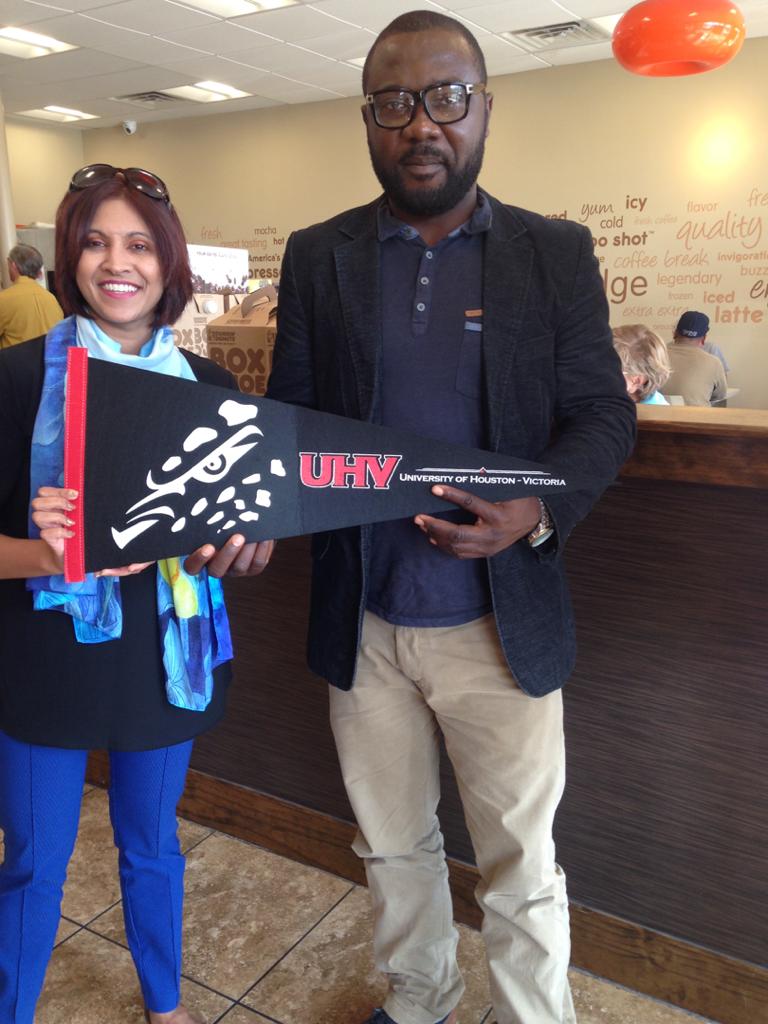Residence visas are essential documents that allow individuals to live and work in a foreign country for an extended period. These visas provide legal status and access to various benefits and privileges, making them a critical aspect of international travel and relocation.
TYPES OF RESIDENCE VISAS
- Work Visas: Issued to individuals hired by local companies or brought in by multinational corporations to work in the host country.
- Family Visas: Granted to spouses, children, and other dependents of residents or citizens of the host country.
- Investment Visas: Awarded to those making substantial investments or establishing businesses within the host country.
- Student Visas: Provided to international students enrolled in educational institutions in the host country.
ELIGIBILITY CRITERIA
- Minimum age requirement, often 18 or 21 years old depending on visa type
- Demonstrated financial stability:Proof of steady income, savings, or assets to cover living expenses
- Good health and clean criminal record:Medical examination and background check required
- Relevant qualifications, skills, or experience for work visas
- Familial relationship for family-sponsored visas
- Significant investment amount for investor/entrepreneur visas
APPLICATION PROCESS
- Application Submission: Complete the required application form, either online or by downloading and submitting a physical copy.
- Document Gathering: Gather all necessary supporting documents, such as passport, employment proof, and financial statements.
- Government Review: The immigration authorities will review your application and supporting documents to ensure eligibility.
REQUIRED DOCUMENTS
- Passport with valid expiration date
- Photographs:Recent passport-style photos meeting size and format requirements
- Proof of Income:Pay stubs, bank statements, or employment contract demonstrating financial stability
- Educational or professional qualification certificates, if applicable
- Marriage certificate or proof of family relationship, for dependent visas
- Medical examination reports and clearances
- Police clearance certificates for background checks
PROCESSING TIMES
Processing times for residence visas can vary depending on the type of visa and the applicant’s country of origin. On average, work visas take around 4 weeks, family visas take 6 weeks, investment visas take 8 weeks, and student visas take 3 weeks to process.
FEES AND CHARGES
- Application Fees: Residence visa application fees vary by country and visa type. Fees are often paid up front.
- Renewal Fees: When renewing a residence visa, applicants will need to pay an additional fee, of the original application cost.
- Security Deposits: Some countries may require a refundable security deposit, to be held during the visa term.
- Medical Exams: Applicants are often required to undergo a comprehensive medical examination.
FAMILY SPONSORSHIP
Family sponsorship is a popular pathway to obtaining a residence visa. Eligible relatives, such as spouses, children, and parents, can sponsor the application, providing a supportive network and greater chances of approval.
The process involves proving the familial relationship and demonstrating the sponsor’s financial stability to support the applicant. This highlights the importance of strong family ties in the residence visa journey.
DEPENDENTS
- Spouse:A resident visa holder can sponsor their legally married spouse to obtain a dependent visa, allowing them to live and work in the country.
- Children:Unmarried children under the age of 18 (or 21, depending on the country) can be included as dependents on the primary applicant’s visa.
- Parents:In some cases, elderly parents of the visa holder may also be eligible for dependent visas, subject to meeting specific criteria.
RENEWAL AND EXTENSIONS
- Visa Expiration: Residence visas typically have an expiration date, requiring periodic renewal to maintain legal status.
- Renewal Application: Apply for visa renewal well before the expiration date, often 1-3 months in advance, to avoid gaps in legal residency.
- Extension Criteria: Meet the eligibility requirements, such as continued employment, financial stability, and clean record, to qualify for visa extension.
PERMANENT RESIDENCY
- Apply for PR: Meet eligibility criteria
- PR Approval: Receive permanent residence
- PR Benefits: Enjoy greater rights and security
Permanent residency (PR) is the ultimate goal for many residence visa holders. After meeting specific eligibility criteria, such as minimum stay requirements and fulfilling integration or investment obligations, applicants can apply for permanent residence status. If approved, they’ll gain lifelong residency rights and a path to citizenship.
RIGHTS AND PRIVILEGES
- Mobility: Enjoy the freedom to travel in and out of the country with a residence visa, often without the need for additional entry permits.
- Employment: Obtain lawful employment in the country, including the ability to change jobs or start a business, subject to specific regulations.
- Property Ownership: Purchase real estate, such as homes or investment properties, with the stability and security of a residence visa.
- Healthcare: Access to the country’s healthcare system, including public or private insurance coverage, depending on visa type and residency status.
RESTRICTIONS AND LIMITATIONS
- Residency Duration: Residence visas often have a fixed validity period, requiring periodic renewal to maintain legal status in the country.
- Employment Restrictions: Visa holders may be limited to working only for the sponsoring employer or within certain industries, with limited job mobility.
- Family Dependents: Dependents, such as spouses and children, may have restricted rights to work or study compared to the primary visa holder.
- Travel Limitations: Residence visa holders may need to obtain additional permits or approvals for extended travel outside the country during the visa term.
COMPLIANCE AND REGULATIONS
Residence visa holders must adhere to strict compliance and regulatory requirements to maintain their legal status. This includes regularly renewing the visa, updating personal information, and obtaining prior approvals for any significant changes, such as job changes or extended travel.
Violating the terms of the residence visa can result in penalties, fines, or even visa revocation and deportation. It’s crucial for visa holders to stay informed about the latest regulations and seek guidance from relevant authorities to ensure full compliance throughout their stay.
FREQUENTLY ASKED QUESTIONS
- Visa Eligibility
What are the specific requirements to qualify for a residence visa in this country?
- Application Process
Can you walk me through the step-by-step process to apply for a residence visa?
- Processing Times
How long does it typically take to receive a decision on a residence visa application?
- Fees and Costs
What are all the various fees and charges involved in obtaining a residence visa?
VISA APPLICATION MADE EASY
Applying for a visa online is a convenient and efficient way to begin your international travel. The process involves completing an electronic application, providing required documents, and making the necessary payments.
ELIGIBILITY REQUIREMENTS
- Passport Validity: Your passport must be valid for at least 6 months beyond the intended date of travel.
- Purpose of Travel: Clearly define the reason for your trip, such as tourism, business, or family visit.
- Financial Stability: Demonstrate sufficient funds to cover your expenses during the trip.
- Health Insurance: Ensure you have adequate medical coverage for the duration of your stay.
APPLICATION PROCESS
- Registration: Create an account and fill out the online application form with your personal details.
- Document Submission: Upload the required supporting documents, such as passport, photos, and proof of funds.
- Payment: Pay the visa application fee securely through the online platform.
REQUIRED DOCUMENTS
- Personal Documents
- Valid passport
- Passport-sized photographs
- National ID card (if applicable)
- Supporting Documents
- Proof of travel itinerary
- Evidence of financial means
- Invitation letter (if applicable)
- Additional Documents
Depending on the visa type, you may need to provide additional documents, such as a letter of employment or a birth certificate.
PAYMENT AND FEES
- Visa Application Fee: The visa application fee varies depending on the country and the type of visa you are applying for.
- Payment Methods: You can typically pay the visa fee online using a credit or debit card, or through electronic bank transfer.
- Processing Time: The processing time for your visa application can range from a few days to several weeks, depending on the country and the volume of applications.
- Tracking Your Application: You can track the status of your visa application through the online platform or by contacting the embassy or consulate.
APPLICATION STATUS TRACKING
- Check Status: Use the online platform to regularly check the status of your visa application.
- Email Updates: Sign up for email notifications to receive updates on the progress of your application.
- Contact Support: If you have any questions or concerns, don’t hesitate to reach out to the visa support team.
- Processing Time: Be patient and allow the full processing time, as visa applications can take several weeks to be processed.
VISA APPROVAL AND ISSUANCE
- Visa Approval: If your visa application is approved, you will receive an official notification.
- Passport Delivery: Your passport with the issued visa will be delivered to you, either by mail or for collection.
- Entry Stamp: Upon arrival in the destination country, your visa will be validated with an entry stamp in your passport.
POST-VISA TRAVEL PREPARATION
| Travel Insurance | Ensure you have comprehensive travel insurance to protect yourself during your trip. |
| Packing Checklist | Create a packing list to make sure you don’t forget any essential items. |
| Travel Itinerary | Finalize your travel itinerary and share it with friends or family for safety. |
| Local Currency | Obtain the local currency of your destination to have on hand for expenses. |





